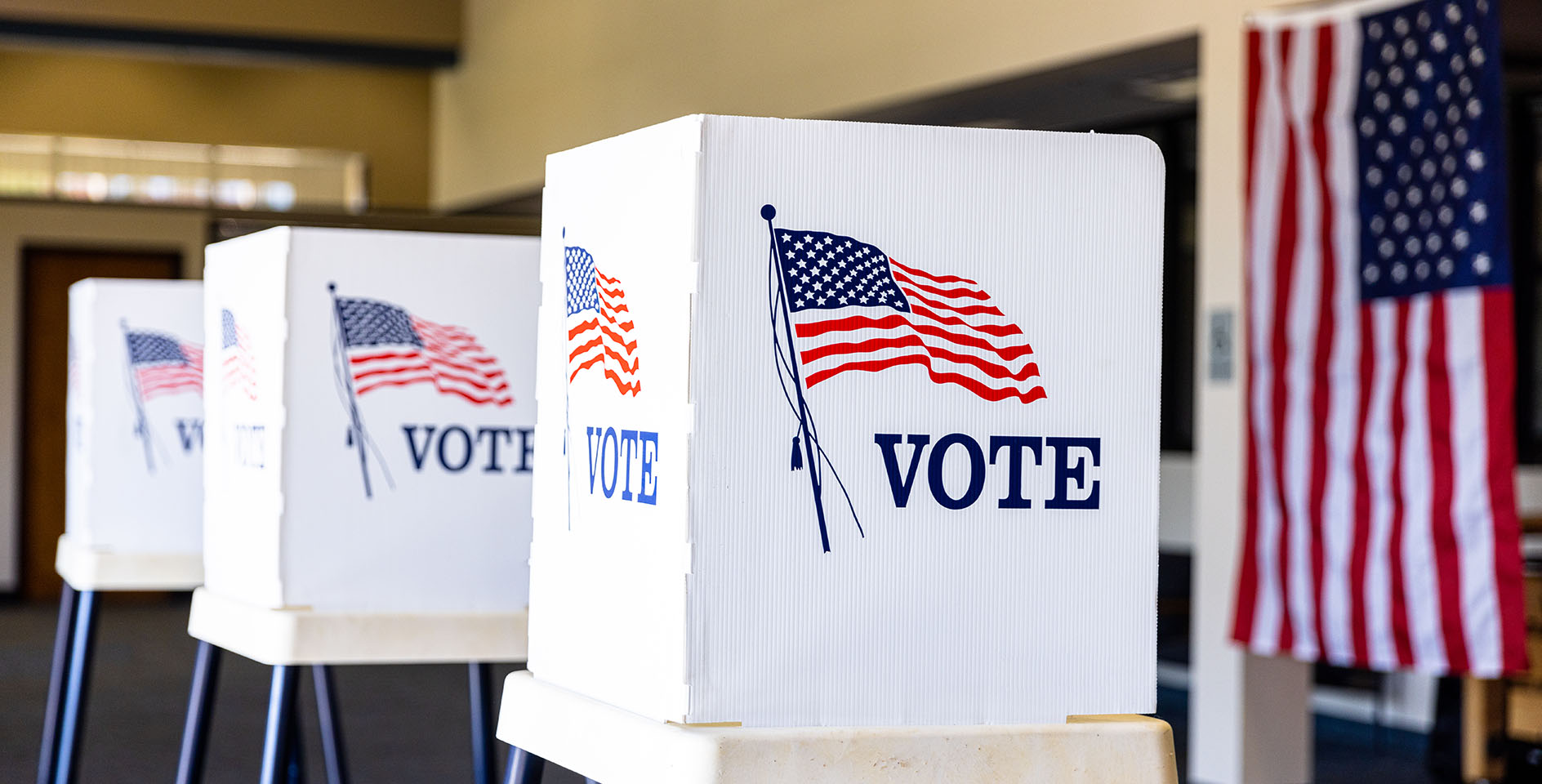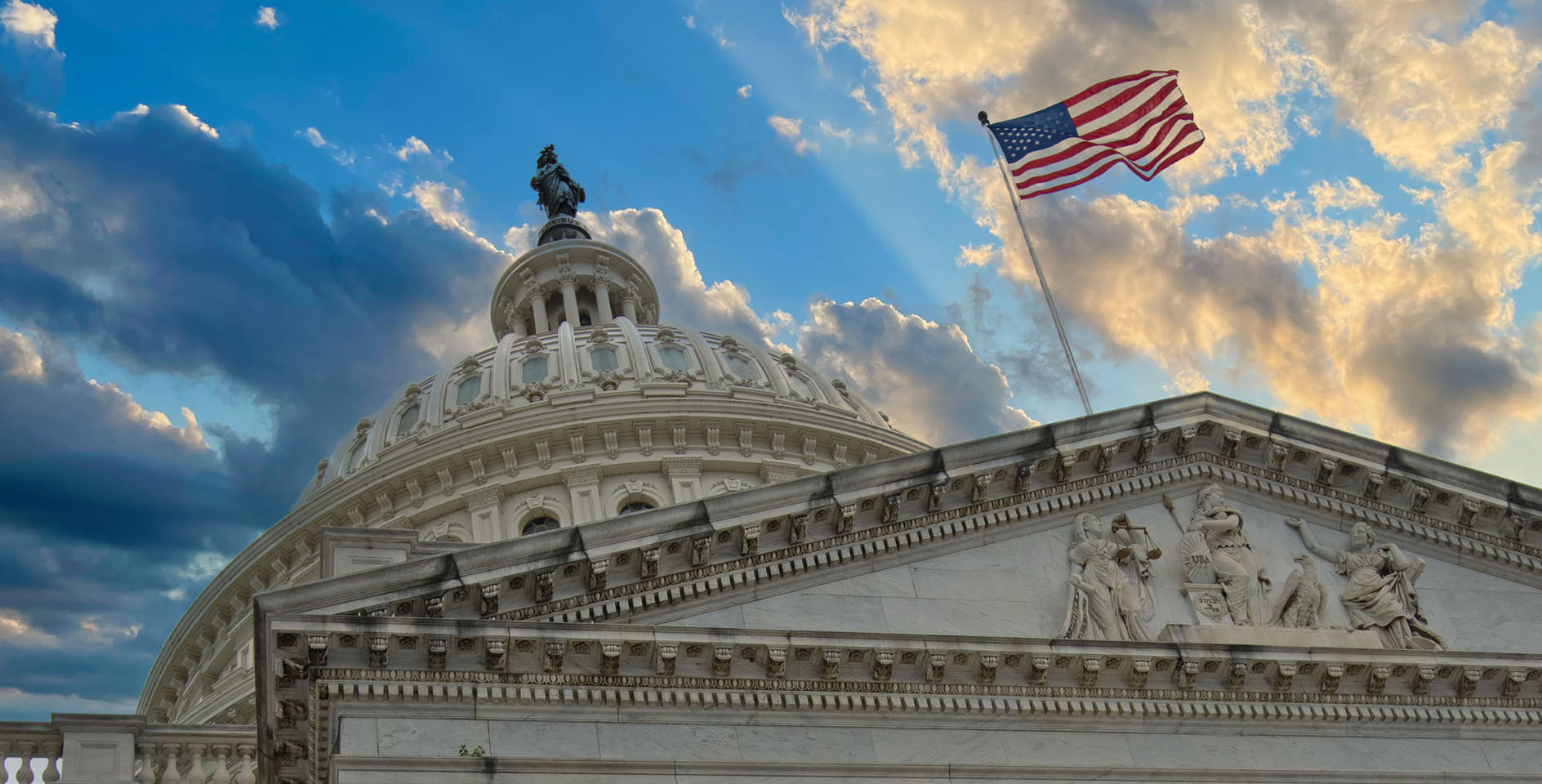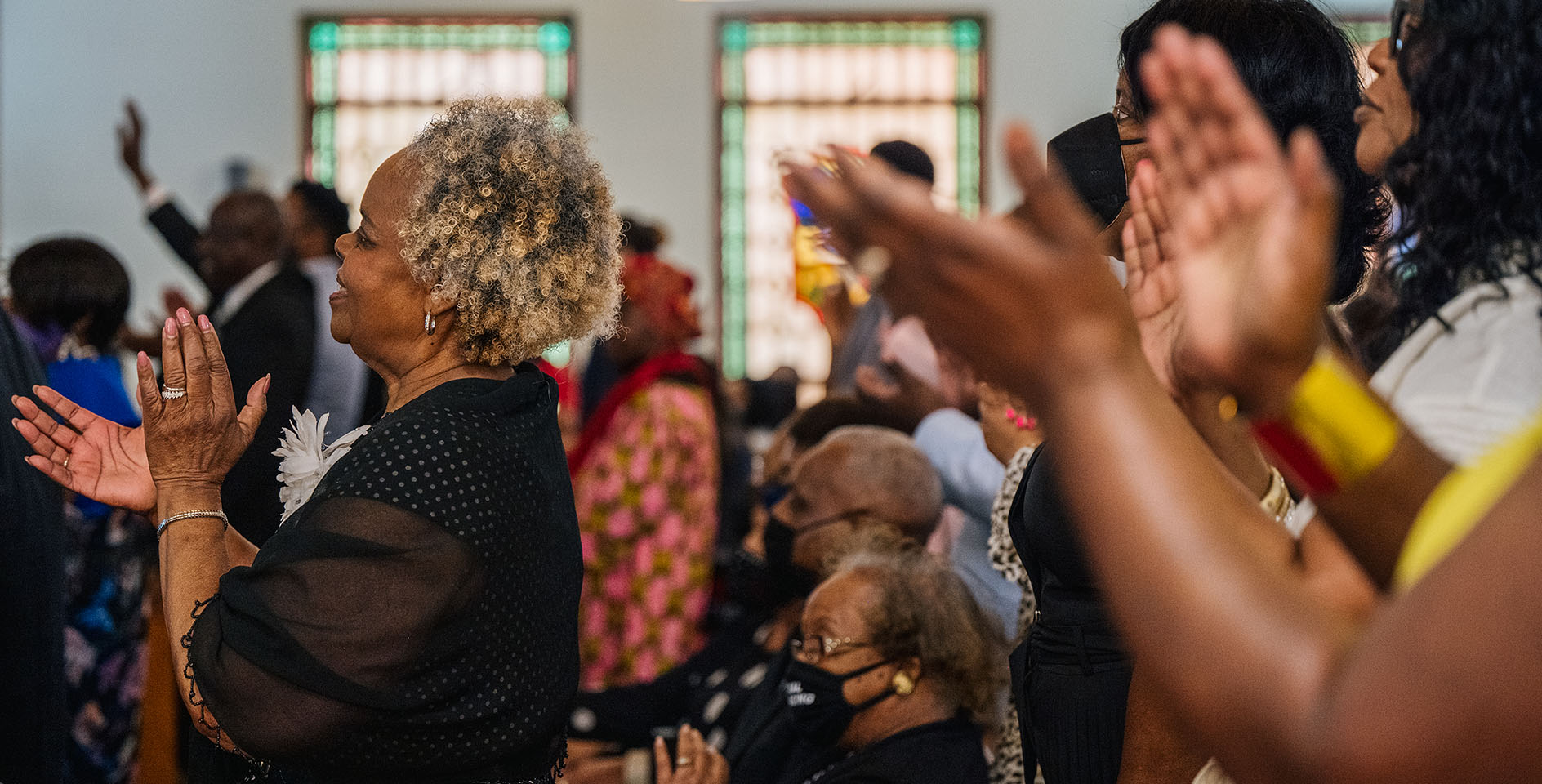When you think about the political moment we find ourselves in, what thoughts and images come to mind? What emotions bubble to the surface? What motivations drive your political activity? How we answer these questions has significant implications for how politics is done in this country and how healthy we are as a body politic. And increasingly, we’re trending in the wrong direction on both.
The results of a new national NBC News poll conducted in mid-October pulled back the curtain on Americans’ answers to some of these questions. And the findings (mostly) aren’t good. What has felt palpable and steadily on the rise over the last several years—anger, fear, and extreme partisanship—is spelled out clearly. In light of the midterm elections happening, the findings show we are a country highly interested in the political process but highly divided in our political calculus. And, alarmingly, we’re being driven to the polls in record numbers by a common motivation: anger. Here’s a rundown of some of the poll’s findings.
Major findings
On a positive note, the poll revealed that “voter interest has reached an all-time high for a midterm election.” Using a scale from one to 10, voters were asked to weigh their interest in this November’s elections, and a whopping 70% scored their interest either as a “9” or “10,” which is “the highest percentage ever in the survey for a midterm election at this point.” Eighty-one percent scored their interest at an “8” or above.
While having record-high voter interest and engagement is a positive development, the poll’s revelations about voter motivations and outlook are troubling. According to Mark Murray, “what stands out in the poll is the bipartisan anger among Democrat and Republican voters.” Furthermore, “Eighty-one percent of Democrats” and “an almost-identical share of Republicans” (79%) “say they believe [the other party’s] agenda poses a threat that, if not stopped, will destroy America as we know it.”
With findings like these, it’s no wonder voter interest has reached an all-time high—we have likened our political moment to an “existential crisis” of sorts. And when we view politics this way, as apocalyptic, then our political engagement becomes something resembling the Hunger Games rather than an exercise in bringing about public good. But Christians should know better. We should model a better way.
Anger isn’t the way
What’s clear from the NBC News poll is that American voters, both Republican and Democrat alike, are motivated primarily by their anger. Unhappy with the direction the country is heading and incensed by the opposing party’s platform and its leaders, voters intend to turn out in droves to make their indignant voices heard come election day. But this angry polarization and extreme partisanship is no way to get the country back “on the right track.” It only steers us further in the wrong direction and, when taken to its extreme, leads to senseless and tragic acts of violence like we witnessed with House Speaker Nancy Pelosi’s husband.
Christians should not be driven to the polls by anger. While episodes of appropriate anger may be warranted at times—as a response to injustice, for instance—an unremitting posture of anger and outrage is at-odds with the Spirit who lives in us. It means we are given over to “the works of the flesh,” as Paul outlines in the book of Galatians. We are not to check the fruit of the Spirit at the door of our local polling place, but are to “walk by the Spirit” right to the voting booth and exercise our Constitutional right for the good of our neighbor and the “welfare of the city. . . for in its welfare [we] will find [our] welfare” (Jer. 29:7). Instead of anger motivating our political engagement, we should be driven by love; love for God and love for our neighbors.
American politics isn’t ultimate
Underneath voter anger and the hostilities associated with our extreme polarization is a phenomenon one political commentator calls the “ultimatizing” of politics. When politics are ultimate, as we seem to have made them, then each and every election is viewed through apocalyptic lenses. And when apocalypticism colors our view of politics, then it becomes a no-holds-barred contest of us versus them, where “we” view “them” as enemies of the state coming, as the poll shows, to “destroy America as we know it.”
This kind of thinking inevitably turns our politics into an immoral maelstrom. And, at the personal level, it opens the door for moral compromise, a sort of win-at-all-costs mentality. When we freight elections with ultimacy, describing each one with phrases like “the most important in our lifetime,” we can develop a tendency to overlook or excuse the moral failings of the candidates on our side while trumpeting the purported missteps of those we oppose. We shuck prudence and our moral principles for political expediency, turning our political engagement into a form of moral gymnastics.
But politics shouldn’t be ultimate, every election shouldn’t be apocalyptic, and we shouldn’t see people who disagree with us on political issues as enemies of the state. Instead, as Patrick Schreiner argues, Christians need to put politics in its proper place. And we are to do that by “bring[ing] every part of our lives in conformity with Christ“—which most certainly includes the way we think about and practice our politics.
Politics in the way of Christ
Politics is important but it is not ultimate. When we ultimatize politics we pledge allegiance to the wrong kingdom and we lay moral burdens on ourselves and our fellow voters that politics simply isn’t built to bear. What’s more, our undiluted allegiance to party and politics forms and disciples us into an image at odds with Christ and his kingdom. But there is a better way.
At a time when American politics has gone haywire, our system “needs people with joyful confidence who seek security not in politics but in Jesus.” In a system presently preoccupied with grabbing and holding power at all costs, the balm for our political milieu is a fresh dose of the fruit of God’s Spirit. In place of the moral compromise that is so normative, we need men and women of goodness and integrity; in answer to our vicious polarization, we need citizens who are committed to being kind and tactful; and instead of anger and outrage, we need a body politic compelled by love.
While things continue to devolve, as the NBC News poll indicates, Christians bear the responsibility for showing the American electorate a better way, and for holding our elected officials to a higher standard. But in a culture where anger and outrage are growing, and where polarization is presumed to be a political requirement, it’s a task that demands courage and perseverance. Yet we are those who’ve been commanded to walk by the Spirit whose fruit is love, not anger; whose way is marked by kindness and gentleness, not outrage; and who lives inside us, empowering us to live “every part of our lives in conformity with Christ.” In American politics, as in all of life, we should not be known by our anger, our party, or even by our voting record. We should be known by our love: love of God and love of neighbor.










